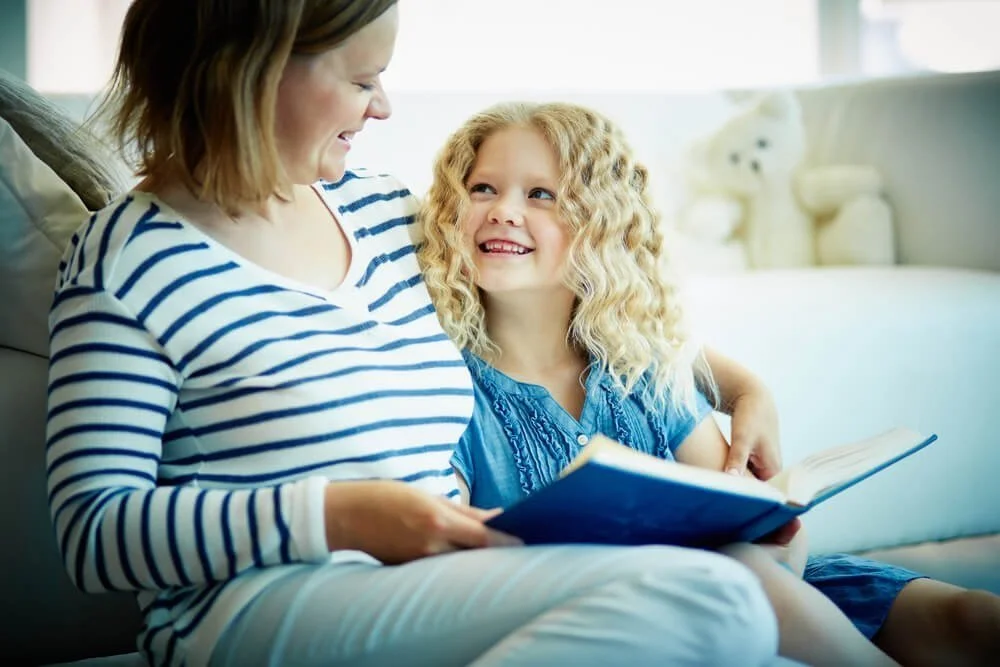How to make co-parenting work for you
When a couple with children divorce or separate, it can be tough to maintain an amicable relationship, especially when emotions are high. However healthy co-parenting gives children a sense of stability, which is important for their emotional well-being.
To be effective, co-parenting requires good communication, flexibility, support and respect. Although it can be difficult sometimes (especially when you have conflicting views) when you implement a co-parenting plan it can be extremely positive for everyone.
When divorced and separated parents put in the effort, you can maintain the peace and give your children everything they need to thrive.
What is co-parenting?
Co-parenting, sometimes referred to as shared parenting, are the term used when two people who have been in a relationship have had children together but then separated and continue to play an active role in their children's lives.
When parents separate, it can cause a lot of emotional stress on their children. Unless your family has faced serious issues such as domestic or substance abuse, co-parenting is the best way to ensure that your children's needs are met as it helps to minimise the effects of separation and promotes your child's wellbeing.
How well you get on as co-parents can also have an impact on your children's welfare. If you have had an emotional split, it can be hard to put issues aside, but by doing so you can help your children deal with these big changes.
The most important thing to remember is, that no matter what has happened in your relationship, you don't stop being a parent. Both you and your former partner still have responsibilities to bring your children up in a loving and stable environment.
Benefits of co-parenting
Research has shown that there are many benefits to co-parenting. A healthy co-parenting relationship is linked with a variety of factors of children's post-divorce adjustment, including reduced stress and anxiety levels as well as the increased ability to make friends.
Successful co-parenting has also been found to have a positive impact on children's development too as they suffer from fewer psychological, physical and behavioural problems. When parents work together to raise their children, it helps to reduce conflicts between them and provides a stable environment for them to thrive.
When parents argue, it can cause negative feelings to foster in their children, causing them to develop a range of psychological and physical issues.
For example, when two parents disagree on something, children can start to feel responsible and may start to experience bouts of depression and anxiety. This can cause things like their school work and personal relationships to suffer.
It is in the family’s best interests to put their children first, and research has shown that when children have a consistent routine they gain an important sense of security and safety.
How to make a co-parenting plan
Ensure that your child's needs always come first.
An important part of any co-parenting plan is to ensure that your child's needs always come first. That means making your child a priority, no matter how each parent may feel about the other.
In order to co-parent, both parties involved must understand that of course, there are going to be roadblocks along the way, but it is how you deal with this that helps to provide a loving environment for your child to thrive in.
Throughout the shared parenting process, it’s important to know that communicating is key. And, even though sometimes one parent may not want to speak to the other, you both must make an effort to talk to one another in an amicable way, putting your own feelings aside for the benefit of your child.
Many parents find that decision-making can be hard, but when you develop a set of rules and routines, you help to establish boundaries for your child, no matter which family members they are with. When the parents agree to these rules, it’s important to stick to them and not attempt to get the upper hand on the other parent by undermining the rules.
Parents should remember that effective co-parenting has considerable benefits and helps provide a consistent, stable environment for their children to thrive.
Tips and best practices for families
Shared parenting might be difficult at first, but by working together to raise children with your ex you help to build a happy and healthy environment for your children to thrive. The below tips can help you make the most of your co-parenting relationship:
Communication is key
Just because you're not in a romantic relationship anymore doesn't mean that you stop loving your child.
It means that you aren't in a relationship with each other anymore. It’s important to be able to discuss your children openly, without judgement or arguments. When parents communicate effectively, it ensures that problems get resolved quickly, making it easier for everyone involved.
Compromise
It’s helpful to be understanding of any concerns the other may have about their child's life. Flexibility is key when you co-parent - when parents are accommodating towards each other, it makes life easier for everyone involved.
Common mistakes
Co-parenting can be extremely difficult at times, especially if the parents split on bad terms.
It's incredibly important for co-parents to avoid some of the common mistakes that can arise, including:
Talking negatively about each other in front of the children. Although it may be tempting to talk negatively about your ex, you should put your own emotions aside for the sake of a happy child.
Use your child as a way to punish the other parent such as withholding visits.
Not communicating directly with each other and using your child as a messenger.
Final thoughts
Co-parenting refers to divorced or separated parents who have a continuing relationship to ensure their children can thrive in two households.
Successful co-parenting can be hard and parents need to learn to put on a united front for their kid’s sake. Maintaining a healthy co-parent relationship with an ex can help improve your child's emotional well-being and physical health.
Wellness Parenting Talks are available. Working with me will provide support for your working families, encouraging a family friendly workplace.



